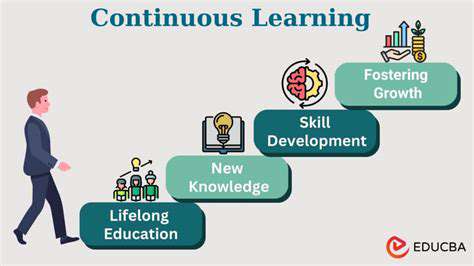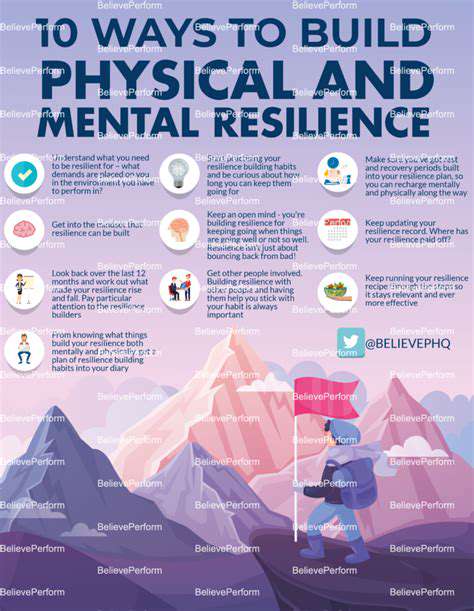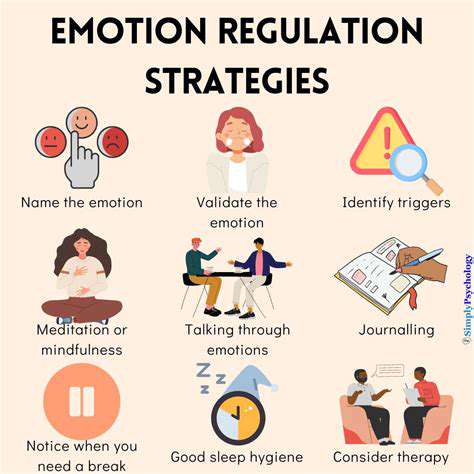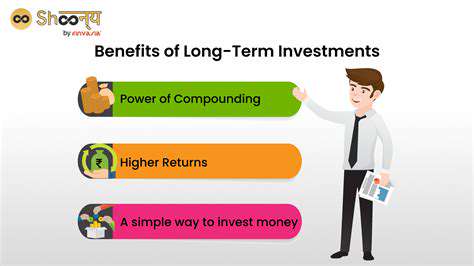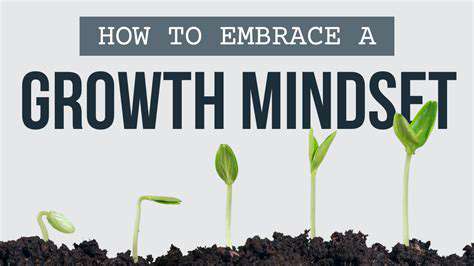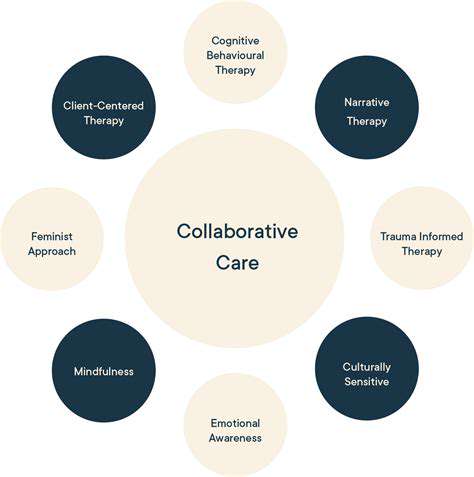Your Personalized Guide to Mindful Movement
Mindful walking, a simple yet profound practice, involves paying close attention to the physical sensations of walking. Instead of letting your mind wander to to-do lists or worries, you bring your awareness to the feeling of your feet hitting the ground, the gentle sway of your body, and the rhythm of your breath. This mindful awareness can transform a mundane activity into a powerful opportunity for self-discovery and stress reduction, connecting you more deeply with the present moment and the world around you. Notice the textures under your feet, the air against your skin, and the subtle shifts in your posture. This focused attention fosters a deeper appreciation for the simple act of walking.
By cultivating mindful awareness in your walking practice, you can begin to notice how your thoughts and emotions arise and fall without judgment. This non-judgmental observation can help you develop a greater sense of inner peace and resilience, allowing you to navigate the challenges of daily life with greater composure and equanimity. Mindful walking isn't just about physical movement; it's about cultivating a deeper connection with yourself and the world around you.
Yoga for Inner Peace and Flexibility
Yoga, a practice that combines physical postures (asanas), breathing techniques (pranayama), and meditation, offers a powerful pathway to mindful movement. Each pose, held with intention and awareness, cultivates both physical flexibility and mental clarity. By focusing on the sensations in your body as you move through the poses, you develop a deeper understanding of your physical limitations and potential. This focused awareness helps to reduce stress and promote a sense of calm, facilitating a deeper connection with your inner self.
Beyond the physical benefits, yoga fosters mental discipline and emotional regulation. The practice of holding poses and focusing on your breath trains your mind to stay present, reducing the tendency to get caught up in anxious thoughts or worries. This cultivation of mental focus translates into greater clarity and composure in everyday life, allowing you to approach challenges with a more balanced and mindful perspective.
Tai Chi for Gentle Flow and Balance
Tai Chi, a gentle, flowing practice, emphasizes slow, deliberate movements that cultivate balance and inner harmony. The continuous, circular movements of Tai Chi, combined with deep breathing exercises, create a meditative state of mind. This mindful movement helps to reduce stress and promote relaxation, improving balance and coordination. The deliberate and mindful actions promote a sense of calm and focus, allowing you to connect with your body's subtle energy.
Through the practice of Tai Chi, you can cultivate a deeper awareness of your body's sensations and subtle energy shifts. The deliberate movements, coupled with the focus on your breath, create a powerful connection between your mind and body, leading to increased self-awareness and a sense of groundedness. This mindful movement can be a powerful tool for managing stress and promoting overall well-being.
Dancing to Freedom and Self-Expression
Dancing, in its myriad forms, offers a unique and joyful avenue for mindful movement. Whether it's a graceful ballet move or a spontaneous hip-hop improvisation, dancing allows you to express yourself physically and emotionally. By fully immersing yourself in the rhythm and flow of the music, you can release tension, explore your creativity, and connect with your inner joy. This mindful movement can be a powerful tool for stress reduction and self-discovery, fostering emotional expression and building confidence.
Beyond the physical expression, dancing cultivates a mindful awareness of your body's movement in relation to the music. It encourages you to move with grace and intention, allowing you to connect with the present moment and experience the joy of self-expression. This form of mindful movement can help you tap into your inner child, fostering a sense of freedom and playfulness that can be transformative.

Nurturing Your Inner Peace Through Movement
Finding Your Flow: Embracing Movement for Inner Harmony
Movement isn't just about physical exercise; it's a powerful tool for cultivating inner peace. Finding activities that resonate with you, whether it's a gentle yoga flow, a brisk walk in nature, or a dynamic dance session, can profoundly impact your mental well-being. When you engage in movement that feels authentic and enjoyable, you create space for your body and mind to connect, fostering a sense of calm and clarity that extends beyond the physical act itself. This connection can help you navigate stress and anxiety more effectively, and develop a stronger sense of self-awareness.
The key is to discover what truly moves you. Experiment with various forms of movement until you find activities that spark joy and a sense of ease. Don't be afraid to explore different genres of dance, try out various yoga styles, or simply go for a walk in a park. The process of discovery itself is part of the journey towards inner peace, allowing you to tune into your body's needs and preferences.
Mindful Movement: Integrating Awareness into Your Practice
Taking a mindful approach to movement involves paying close attention to the sensations in your body as you move. Notice the subtle shifts in your posture, the rhythm of your breath, and the way your muscles respond to the activity. This heightened awareness can help you cultivate a deeper connection with your physical self, recognizing the signals of fatigue or exhilaration, and allowing you to adjust your pace and intensity accordingly. Mindful movement encourages a sense of presence, grounding you in the present moment and helping you detach from distracting thoughts.
By integrating mindfulness into your movement practice, you're not just exercising your body; you're training your mind. This practice can help you develop greater self-awareness and emotional regulation, ultimately leading to a more balanced and peaceful inner state. It's about finding the quiet space within the activity, allowing you to appreciate the process rather than just the outcome.
Personalized Movement: Tailoring Your Journey to Inner Peace
There's no one-size-fits-all approach to finding inner peace through movement. Your personal journey is unique, and what works for one person might not work for another. Reflect on your preferences, your physical abilities, and your personal goals. If you're new to movement practices, start with simple activities that you can easily incorporate into your daily routine, such as a short walk or some gentle stretching exercises. As you progress, you can gradually explore more challenging or complex activities that better meet your evolving needs and desires.
The most important aspect of this journey is consistency and self-compassion. Be patient with yourself, embrace the process, and celebrate your progress, no matter how small. Remember that inner peace is a continuous journey, not a destination, and incorporating mindful movement into your life is a powerful step towards cultivating a more harmonious and fulfilling existence.
Listen to your body and adjust your practice accordingly. If something feels painful or uncomfortable, stop and rest. The key is to find a balance between challenge and comfort that allows you to fully experience the benefits of movement without compromising your well-being.
Exploring different types of movement, from gentle yoga to vigorous dancing, can help you unlock your personal connection with your body and mind. Consider incorporating nature into your practice, taking walks in parks, or practicing mindfulness in outdoor settings. These enriching experiences can enhance your overall well-being and support your journey towards inner peace.

